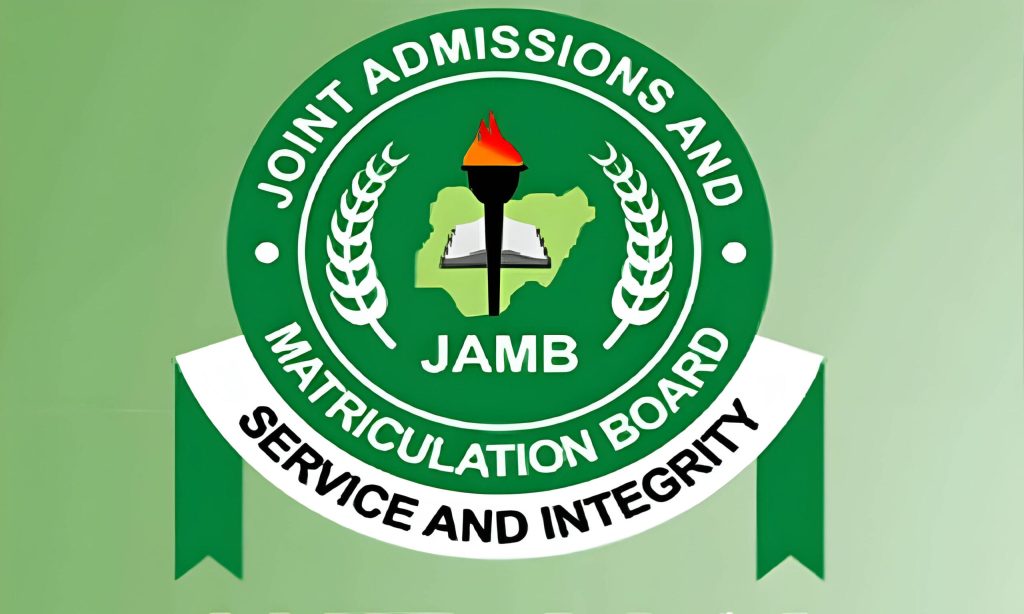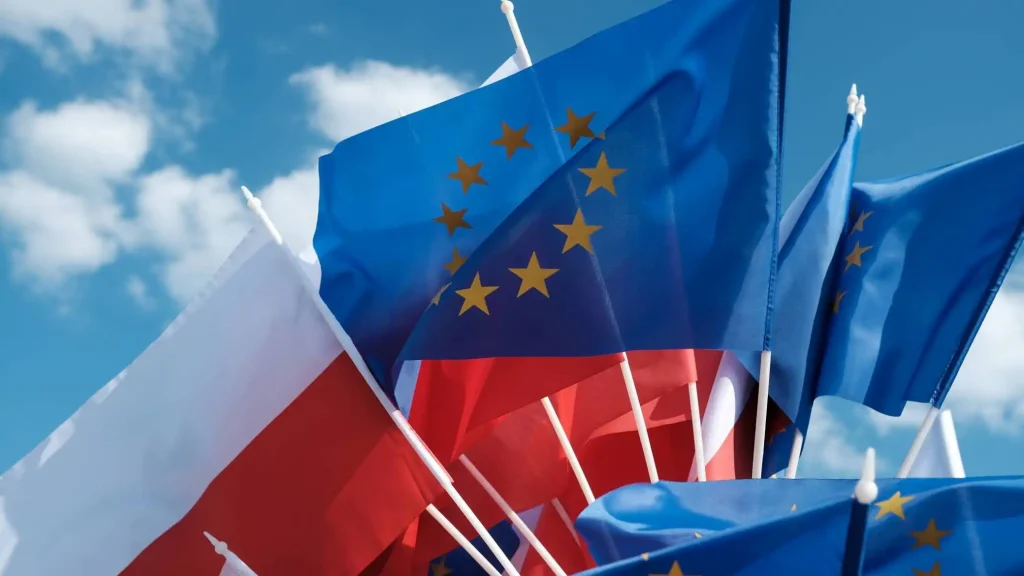The military-led governments of Mali, Niger, and Burkina Faso have officially withdrawn from the Economic Community of West African States (ECOWAS). This departure, effective as of January 29, 2025, follows a series of coups and escalating tensions within the region. The three nations have since established the Alliance of Sahel States (AES), signaling a new chapter in West African political dynamics.
Background of the Withdrawal
The decision to exit ECOWAS stems from a series of military coups that have reshaped the political landscapes of these countries. Mali experienced coups in 2020 and 2021, Burkina Faso in 2022, and Niger in 2023. These upheavals led to strained relations with ECOWAS, which had imposed sanctions and demanded a return to civilian rule. In response, the juntas accused ECOWAS of failing to address pressing security concerns, particularly the jihadist insurgencies plaguing the Sahel region.
Formation of the Alliance of Sahel States
In September 2023, the three nations formalized their collaboration by establishing the Alliance of Sahel States (AES). This confederation aims to enhance cooperation in defense and security matters, ensuring mutual support against extremist threats. The AES also seeks to promote economic integration and development among its members, independent of ECOWAS frameworks.
ECOWAS’s Response and Future Implications
Despite the withdrawal, ECOWAS has expressed a willingness to maintain open channels with the departing nations. In a statement, the bloc emphasized that its “doors remain open” and highlighted the importance of continued cooperation, especially concerning the free movement of people and goods. ECOWAS also called upon member states to recognize passports from the three countries bearing the ECOWAS logo until further notice.
The departure of these key members raises questions about the future cohesion and effectiveness of ECOWAS. The establishment of the AES introduces a new dynamic in regional politics, potentially leading to shifts in alliances and policy directions. Observers will be keenly watching how this development impacts efforts to combat insurgencies and promote stability in the Sahel.
International Reactions and Strategic Realignments
The withdrawal and subsequent formation of the AES have garnered international attention. Notably, the three nations have been strengthening ties with Russia, seeking alternative partnerships to address their security challenges. This pivot has included military cooperation and the procurement of defense equipment, signaling a shift away from traditional Western alliances.
Concurrently, relations with former colonial power France have cooled, with the AES countries reducing French military presence and influence in their territories. This realignment reflects broader trends in the region, where nations are exploring diverse partnerships to address complex security and development issues.
Conclusion
The official withdrawal of Mali, Niger, and Burkina Faso from ECOWAS marks a pivotal moment in West African politics. The emergence of the Alliance of Sahel States underscores the desire of these nations to chart a new course in addressing shared challenges. As the situation evolves, the international community will closely monitor the implications for regional stability, security cooperation, and economic development.













